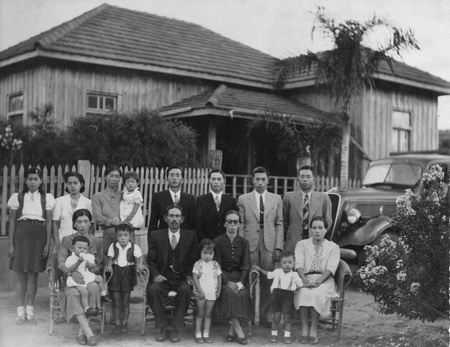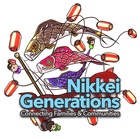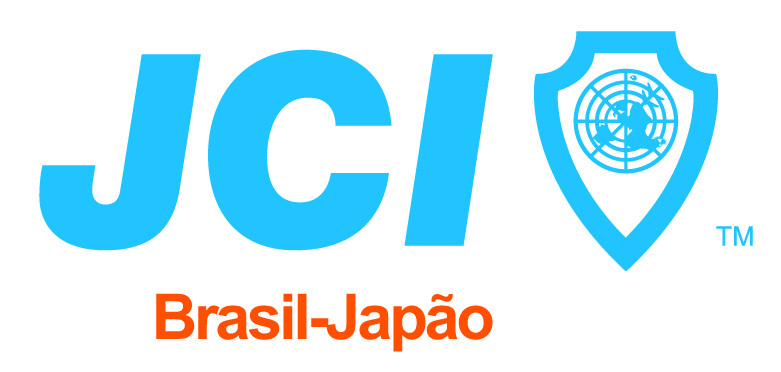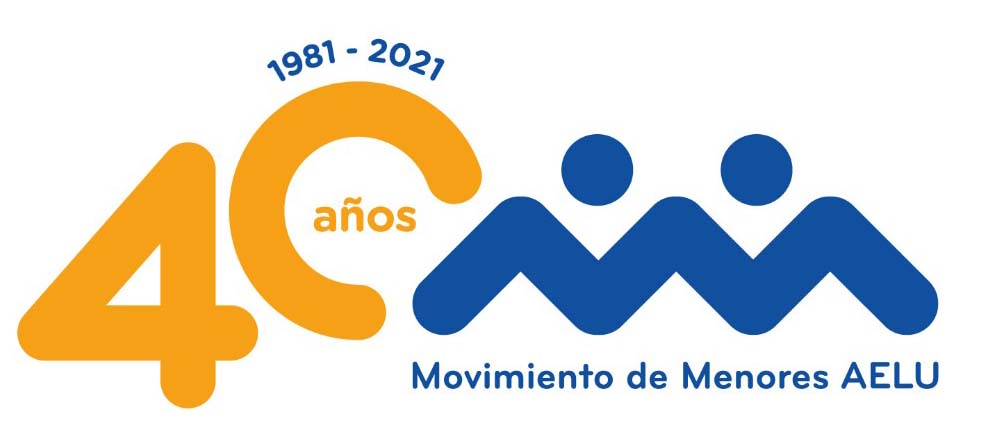I have just reached the age of 78. To tell the truth, I never thought I could live for so long, but life has been a brief flash and now what I get is just a bunch of memories. A lot of memories. Some are good, some others not so much.
I recall and greatly miss the time of my childhood, where my parents had been learning how to harvest a small coffee farm. It was a hard and distressing life for a couple of Japanese immigrants. So far away from their homeland, they had been trying to raise their kids working tirelessly. They wanted to stay in Brazil and leave their roots in this country forever.
Japan had lost the war, and for my relatives the dream of a triumphant return to their homeland was buried early and replaced by another one. My mother, who came to Brazil with her parents at the early age of 13, was a brilliant student at school and an innate painter. She had been studying a lot and frequently got good grades at every class. She hoped to become a cultured person and be successful in her future life. At that time the prospect of a new war convinced my grandfather to run away to Brazil with his entire family. He had previously fought in the Manchurian war at Sakhalin Island. He absolutely did not want to face the horrors of a new conflict. My mother was in shock, but she did not complain. As a good daughter, she obeyed her father and she became a peasant. Silently she agreed to get married to my father through the ancient arranged-marriage system, miai, and they became a formal couple after a single ceremony.
The coffee crops did not come as my father had expected. It was a big tragedy! A merciless frost burned the hopes of the young couple and their debts grew fast. But my mother bravely persisted and kept her goals. She wanted with all her might for her five kids to attend school. It was an almost impossible task. But she did not give up. Neither did my dad. For this objective, she taught us to love reading. I did not know how, but we always had a bunch of good books. She put all the boys in the school—a humble school—and when the girls reached the schooling age, she convinced my dad that it was the time to sell our little farm. After moving to a small city called Osvaldo Cruz, they became owner of a tiny business and learned with great sacrifice how to deal properly. Bad sales, swindler customers and economic crises eroded the family finances.
To help my family, I went to work in a bank agency as a young apprentice. At that time my dream was to join my friends in high school, but instead I had to study at an accounting school. My buddies kept their plans. Good for them. I was not happy but soon I realized that this job could get me—if I worked hard—a solid base for surviving the worst days in the future. This humble and easy work was important education for me. I learned a lot for sure. Besides, the rare coins that I received monthly helped my family to live.
With difficulty, we got a solid education, and little by little, all of us could get good jobs, being successful in public-sector jobs or in private business. In the 1960s and 1970s, our country opened so many opportunities to young men with good grades in school. We were up to facing new challenges and we could rise in economic status. Finally, we could rescue our parents from misery. After so many years, they could retire and rest.
As time went by, my mother’s hair became white, but her smile did not disappear from her lips. She could see her kids winning at their work, majoring at universities, and raising their own families. With watering eyes, she could see the graduation of each one of her offspring, very proud in seeing that the dream coming true at last. She resumed her painting classes in the Bunkyo school, and she colored the world with so many pictures with childish excitement.
My father could finally be at peace and play games with his friends. Unfortunately, he left so soon, without a farewell. Serenely, he passed away after a game of “gateball.” In contrast, my mother forgot to say goodbye. She got memory loss because of Alzheimer’s disease and progressively regressed. I think the last piece of her fond memories was the happy time of her childhood in Kyoto, taking part in a hanami festival, looking at full cherry blossoms.
Today, Daddy and Mommy are not with us anymore. I miss them so much. However, there was an important legacy left. They left us the Japanese culture’s values. Both consistently taught us about loyalty, honesty, justice, honor, and respect for elders. They did not say these teachings came from the principles of the ancient samurai. We learned and absorbed these moral values just by looking at my parents’ everyday behavior.
In my opinion—with DNA of samurai—they were authentic warriors. They took in their humble hands not sharp katanas, but the hard hoe’s handle—to create a new generation of successful Nikkei in Brazil.
© 2021 Thoshio Katsurayama










